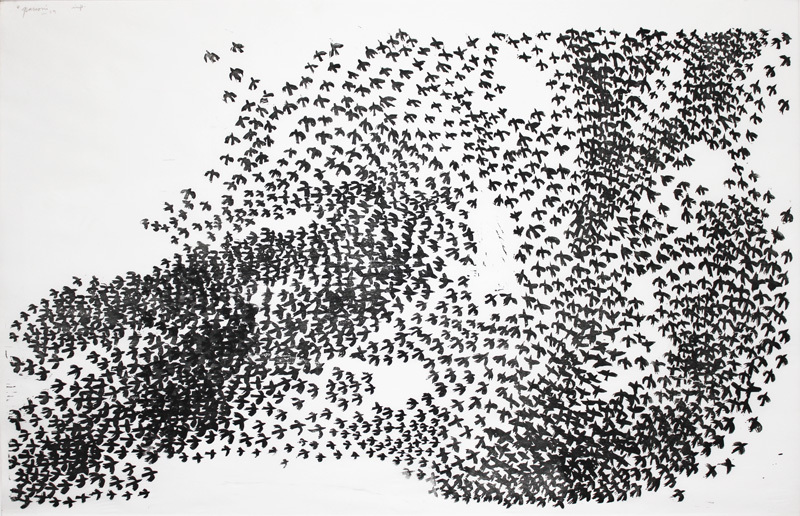
Capitalist Faultlines and Subterranean Resistances: Traces of Struggle in the Work of Ferruccio Gambino
As a counterpoint to this historical amnesia, conformism, and seclusion, Gambino offers an important corrective: a serious consideration of working conditions irreducibly requires workers themselves, who possess the capacity to modify this terrain (or irrevocably alter it), as much as they are shaped or subordinated by it.
 Viewpoint Magazine
Viewpoint Magazine







